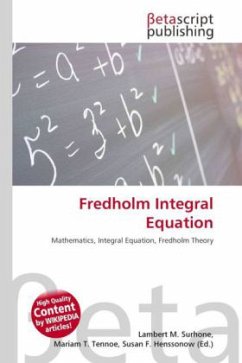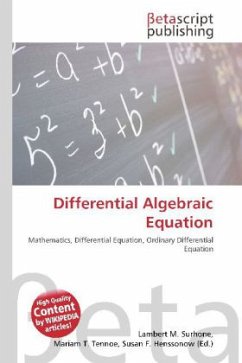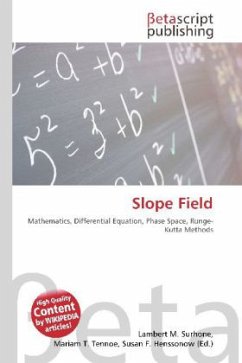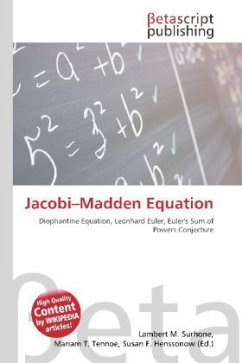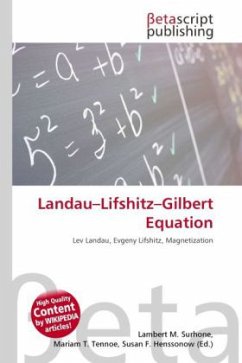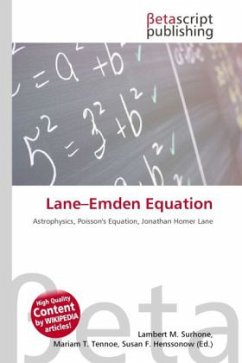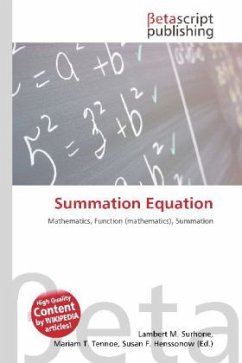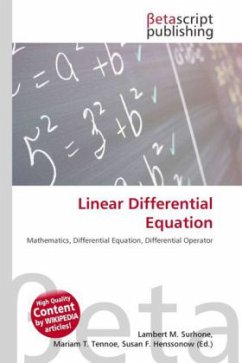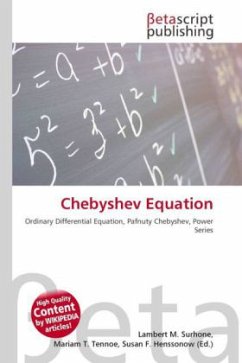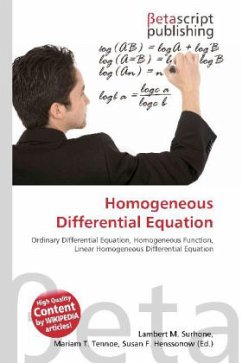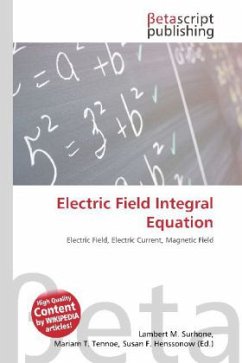
Electric Field Integral Equation
Versandkostenfrei!
Versandfertig in 6-10 Tagen
26,99 €
inkl. MwSt.

PAYBACK Punkte
13 °P sammeln!
Please note that the content of this book primarily consists of articles available from Wikipedia or other free sources online. The electric field integral equation is a relationship that allows one to calculate the electric field intensity E generated by an electric current distribution J . The EFIE describes a radiated field E given a set of sources J, and as such it is the fundamental equation used in antenna analysis and design. It is a very general relationship that can be used to compute the radiated field of any sort of antenna once the current distribution on it is known. The most impo...
Please note that the content of this book primarily consists of articles available from Wikipedia or other free sources online. The electric field integral equation is a relationship that allows one to calculate the electric field intensity E generated by an electric current distribution J . The EFIE describes a radiated field E given a set of sources J, and as such it is the fundamental equation used in antenna analysis and design. It is a very general relationship that can be used to compute the radiated field of any sort of antenna once the current distribution on it is known. The most important aspect of the EFIE is that it allows us to solve the radiation/scattering problem in an unbounded region, or one whose boundary is located at infinity. For closed surfaces it is possible to use the Magnetic Field Integral Equation or the Combined Field Integral Equation, both of which result in a set of equations with improved condition number compared to the EFIE. However, the MFIE and CFIE can still contain resonances.



